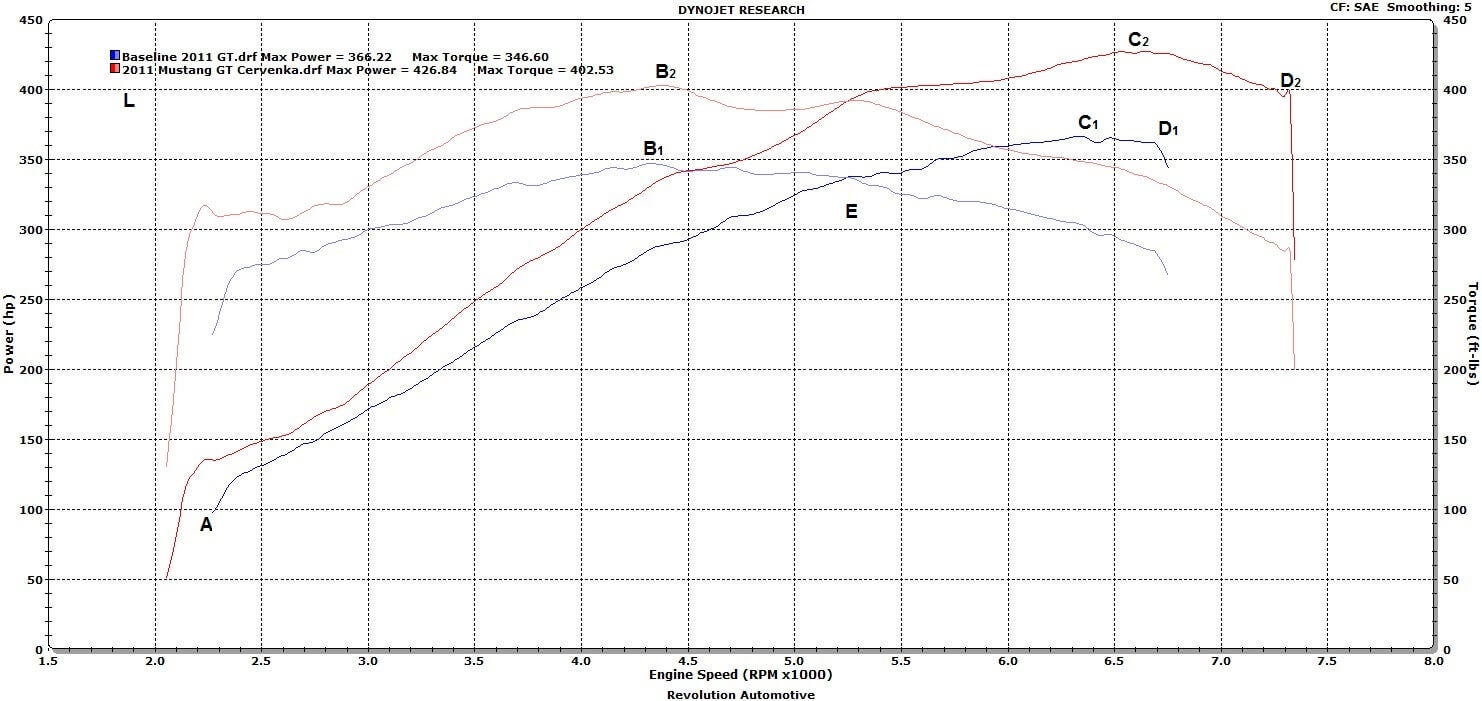 "DC3 LS, will be perpetually replacing cars until the end of time" (dc3ls-)
"DC3 LS, will be perpetually replacing cars until the end of time" (dc3ls-)
12/12/2017 at 13:22 ē Filed to: None
 0
0
 15
15
 "DC3 LS, will be perpetually replacing cars until the end of time" (dc3ls-)
"DC3 LS, will be perpetually replacing cars until the end of time" (dc3ls-)
12/12/2017 at 13:22 ē Filed to: None |  0 0
|  15 15 |
Is it torque or something else? And if so, can you derive anything from that? (pun fully intended.)

 HammerheadFistpunch
> DC3 LS, will be perpetually replacing cars until the end of time
HammerheadFistpunch
> DC3 LS, will be perpetually replacing cars until the end of time
12/12/2017 at 13:25 |
|
This is a math joke. I donít get those.
 Ash78, voting early and often
> DC3 LS, will be perpetually replacing cars until the end of time
Ash78, voting early and often
> DC3 LS, will be perpetually replacing cars until the end of time
12/12/2017 at 13:26 |
|
Semi related: how about the integral of the power curve to show the area under the curve? Then you could more accurately compare a big NA V8 with a high-revving I4 using a much better metric than peak bhp.
Not my original idea, I think I read it on Jalop about 10 years ago.
/opening a Calculus tutoring franchise called DeriveTime
 Highlander-Datsuns are Forever
> Ash78, voting early and often
Highlander-Datsuns are Forever
> Ash78, voting early and often
12/12/2017 at 13:28 |
|
Hammerheadfistpunch has talked extensively about this very subject.
 Highlander-Datsuns are Forever
> DC3 LS, will be perpetually replacing cars until the end of time
Highlander-Datsuns are Forever
> DC3 LS, will be perpetually replacing cars until the end of time
12/12/2017 at 13:30 |
|
Force Per unit time. 1 HP is 550 ft-lbs/s.
 DC3 LS, will be perpetually replacing cars until the end of time
> HammerheadFistpunch
DC3 LS, will be perpetually replacing cars until the end of time
> HammerheadFistpunch
12/12/2017 at 13:32 |
|
A derivative is just the tangential line to a point. Although I probably worded that so that it didnít make sense.
 random001
> DC3 LS, will be perpetually replacing cars until the end of time
random001
> DC3 LS, will be perpetually replacing cars until the end of time
12/12/2017 at 13:33 |
|
But itís the tangential line at a point, AT EVERY POINT, which makes another line....or a lot of lines....
 HammerheadFistpunch
> Highlander-Datsuns are Forever
HammerheadFistpunch
> Highlander-Datsuns are Forever
12/12/2017 at 13:34 |
|
cept the math bit. I could never into math, which is why I was a communications major! But yeah, average power would be a great way to compare. Sadly no one publishes power charts...except GM for some reason.
 DC3 LS, will be perpetually replacing cars until the end of time
> Ash78, voting early and often
DC3 LS, will be perpetually replacing cars until the end of time
> Ash78, voting early and often
12/12/2017 at 13:34 |
|
Thatís an awesome idea! I wonder if you could also use that with gear ratios to figure which car will have the most torque/horsepower at the wheels?
 Grindintosecond
> DC3 LS, will be perpetually replacing cars until the end of time
Grindintosecond
> DC3 LS, will be perpetually replacing cars until the end of time
12/12/2017 at 13:34 |
|
Please stop drinking before you derive again ....
 Highlander-Datsuns are Forever
> HammerheadFistpunch
Highlander-Datsuns are Forever
> HammerheadFistpunch
12/12/2017 at 13:37 |
|
It is a fantastic way to see how useful the powerband is for normal driving conditions. It would show that an RX8 sucks and a Ford with a 24v V6 is much easier to drive.
 DC3 LS, will be perpetually replacing cars until the end of time
> Ash78, voting early and often
DC3 LS, will be perpetually replacing cars until the end of time
> Ash78, voting early and often
12/12/2017 at 13:38 |
|
I think we need to spam David Traceyís email until he does an article comparing some motors this way.
 Future next gen S2000 owner
> DC3 LS, will be perpetually replacing cars until the end of time
Future next gen S2000 owner
> DC3 LS, will be perpetually replacing cars until the end of time
12/12/2017 at 13:45 |
|
This really gets into partial differential equations.
Depends. HP = Torque*RPM/5252.
If you take the derivative of HP with respect to RPM dHP=(RPM*Torque/5252)dRPM would be HPí=Torque/5252
However if you take the derivative of HP with respect to and arbitrary variable, say x. Then dHP=RPM*Torque/5252dx would be 0.
Iím not sure how useful those would be. You could do dHP=RPM*Torque/5252dTorque would be HPí=RPM/5252.
You could do dHP=RPM*Torque/5252dRPMdTorque. But I think that gets to a constant of 1/5252.
Itís been awhile since partial differential equations, so Iíll need someone to check my work.
 WRXforScience
> DC3 LS, will be perpetually replacing cars until the end of time
WRXforScience
> DC3 LS, will be perpetually replacing cars until the end of time
12/12/2017 at 13:54 |
|
The time rate of change of the ratio of the horsepower to the rpm.
How quickly your horsepower:rpm changes, not very useful.
 davesaddiction @ opposite-lock.com
> DC3 LS, will be perpetually replacing cars until the end of time
davesaddiction @ opposite-lock.com
> DC3 LS, will be perpetually replacing cars until the end of time
12/12/2017 at 14:29 |
|
I derive pleasure from it.
 Shoop
> DC3 LS, will be perpetually replacing cars until the end of time
Shoop
> DC3 LS, will be perpetually replacing cars until the end of time
12/12/2017 at 17:38 |
|
Turbo lag.